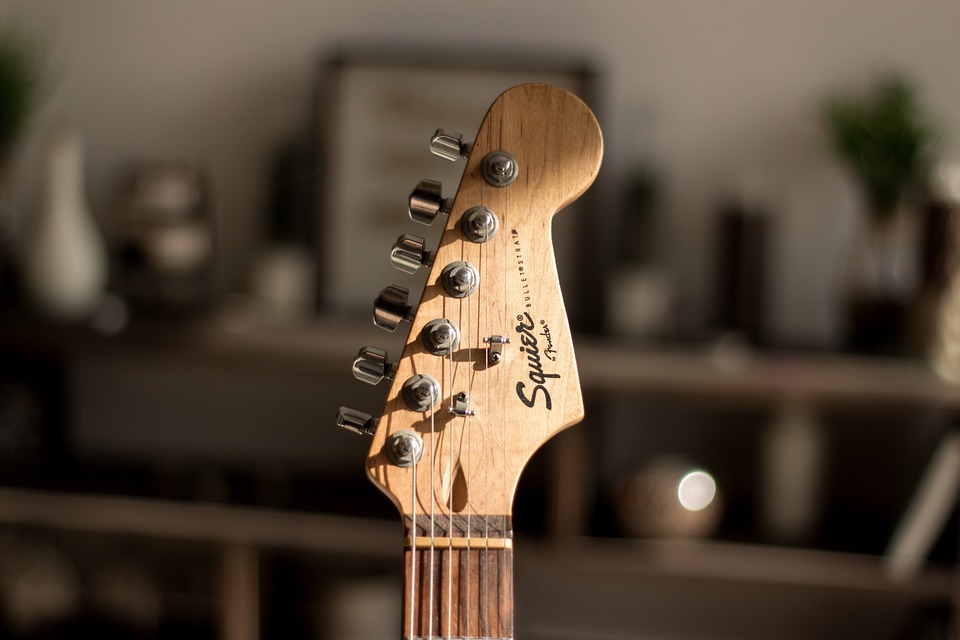
[ad_1]
Guitar Practice Routine for Beginners and Pros
Playing the guitar is a skill that requires regular practice in order to improve. Whether you’re a beginner just starting out or an experienced player looking to take your skills to the next level, having a consistent practice routine is essential. In this article, we’ll explore the importance of a consistent guitar practice routine and provide tips on how to develop one that works for you.
The Benefits of a Consistent Practice Routine
Consistency is key when it comes to mastering any skill, and playing the guitar is no different. A consistent practice routine helps to build muscle memory, improve technique, and develop a deeper understanding of music theory. By practicing regularly, you’ll also build confidence in your abilities and become more comfortable exploring new styles and techniques.
In addition to the musical benefits, a consistent practice routine can also have a positive impact on your overall well-being. Playing the guitar can be a form of stress relief and a way to express yourself creatively. Regular practice can help you stay focused and motivated, and can provide a sense of accomplishment as you progress in your playing.
Creating a Practice Schedule
The first step in developing a consistent practice routine is to create a schedule that works for you. Consider your daily commitments and find a time when you can dedicate at least 30 minutes to an hour to practicing the guitar. Whether it’s first thing in the morning, during your lunch break, or in the evening before bed, finding a time that works for you is essential.
Once you’ve identified a time for practice, it’s important to stick to your schedule as much as possible. Consistency is key, so try to practice at the same time each day to develop a routine that becomes a natural part of your day.
Setting Goals
Setting specific goals for your practice sessions can help you stay focused and motivated. Whether it’s learning a new song, mastering a difficult technique, or improving your speed and accuracy, having clear goals in mind will give your practice sessions purpose.
It’s also important to set realistic goals that align with your current skill level. Breaking larger goals into smaller, achievable milestones can help you stay motivated and track your progress over time.
Vary Your Practice Sessions
While consistency is important, it’s also beneficial to vary your practice sessions to keep things interesting and avoid burnout. Instead of practicing the same material every day, try incorporating a mix of techniques, theory, and repertoire into your routine.
For example, you might spend one day working on scales and exercises to improve your technical skills, another day learning a new song, and another day working on improvisation. Mixing things up will keep your practice sessions fresh and help you develop a well-rounded set of skills.
Stay Organized
Staying organized and focused during your practice sessions is essential for making progress. Keep your practice space tidy and free from distractions, and have all of the materials you need readily available.
Consider using a practice journal to track your progress, set goals, and jot down any new ideas or insights that come up during your practice sessions. Having a record of your practice can help you stay motivated and track your improvement over time.
Tips for Developing a Consistent Practice Routine
Developing a consistent practice routine can be challenging, especially if you have a busy schedule. Here are some tips to help you establish a routine that works for you:
– Start small: If you’re just getting started with guitar practice, aim to practice for just 10-15 minutes each day. As you become more comfortable, gradually increase the length of your practice sessions.
– Make it a habit: Try to practice at the same time each day to establish a routine that becomes a natural part of your day. Whether it’s first thing in the morning, during your lunch break, or in the evening before bed, find a time that works for you and stick to it.
– Set specific goals: Setting clear, achievable goals for your practice sessions will give your practice sessions purpose and help you stay motivated.
– Stay organized: Keep your practice space tidy and free from distractions, and have all of the materials you need readily available.
Conclusion
Developing a consistent guitar practice routine is essential for unlocking your potential as a player. By practicing regularly, setting goals, and staying organized, you can make steady progress and improve your skills over time. Whether you’re a beginner just starting out or an experienced player looking to take your skills to the next level, having a consistent practice routine is essential for mastering the guitar. With dedication and patience, you can unlock your potential and become the guitarist you’ve always wanted to be.
[ad_2]
